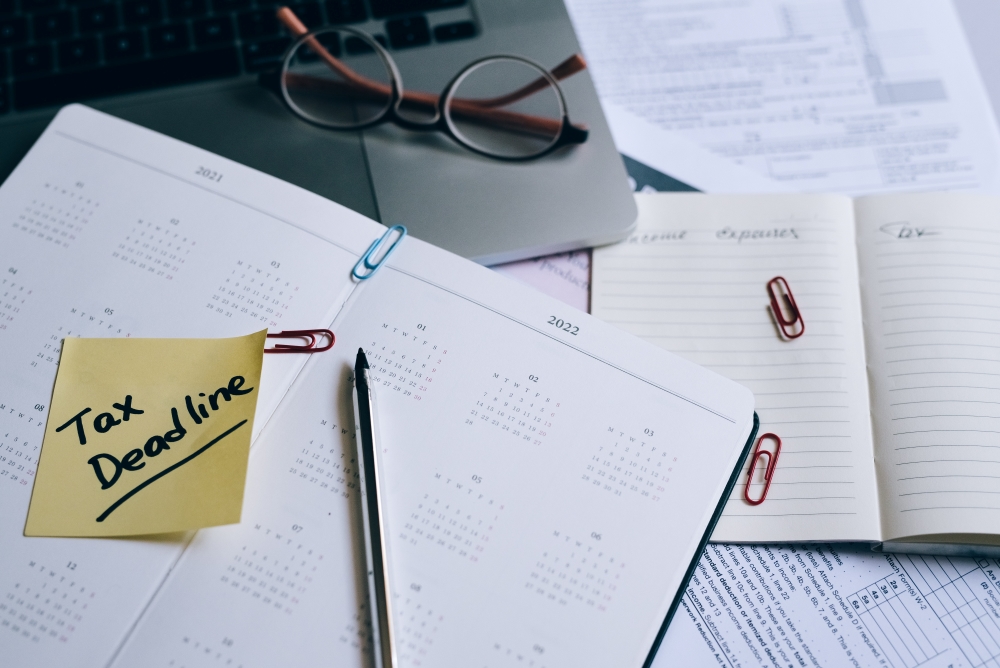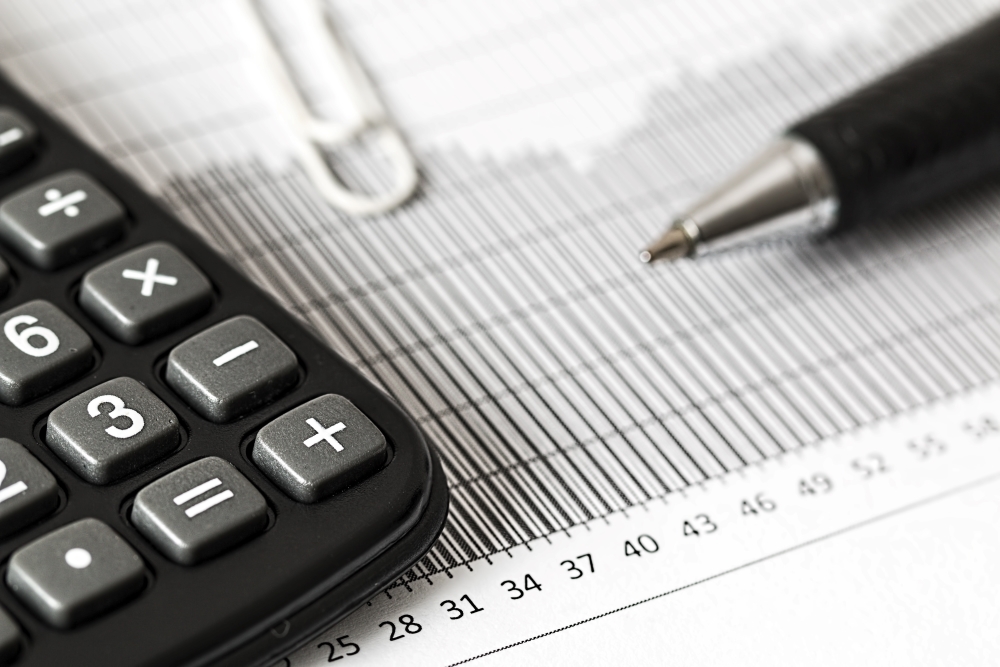What happens to a director’s loan account in liquidation?
Firstly, if you are reading this article and are worried that you have a director’s loan, we don’t want you to panic. There are many directors in the same position. What’s more, you have options even if your business ends up in liquidation. In this article, we’re answering the question, what happens to a director’s loan account in liquidation?
What is a director’s loan account (DLA)?
Directors will usually take money from their company as a salary, dividends (if the company makes a profit), or a combination of both. Sometimes a company may need a cash injection, in which case a director may decide to loan the company money. This results in a director’s loan account being in credit. In contrast, a director may need a short-term personal loan which they can borrow from the company. Both transactions are known as a director’s loan.
To ensure transparency, these transactions between the company and the director must be recorded on the Director’s Loan Account. In addition, if there’s more than one director within the company, each director must maintain their own DLA.
If a director has taken too much money from the company, their DLA is overdrawn. If the director has loaned the company money, it’s in credit. Ideally, a director should aim to keep the DLA at zero or in credit.
Although borrowing money from the company is not the best practice, the reality is that it happens, and it is very common that a director of a business in the UK will have had an overdrawn director’s loan account at some stage. Having an overdrawn director’s loan account is not necessarily a problem as long as the money is repaid to the company.
Running a business with an overdrawn director’s loan account
As we mentioned before, it’s best to remain at zero or in credit to your company. However, if you find yourself in debt to the company, ensure you keep all transaction records. This is extremely important when it comes to the liquidation process.
At the end of the company’s financial reporting period, any money the company owes the director or vice versa must be shown in the company’s accounts and reported to HMRC, as there may be tax liabilities for both parties.
If a director owes the company money, the director has nine months and one day after the company’s accounting period ends to pay the company back. If the loan isn’t paid back in full, the company will be liable to pay S455 corporation tax on the outstanding balance. The company director must also pay taxes through their self-assessment tax return. The current rate to pay corporation tax (S455 tax) is 32.5% or 25% for loans made before April 2016.
The company can reclaim S455 corporation tax. However, this can be a drawn-out process. The director who has enjoyed the benefit of a loan from the company is not eligible to claim back any of the tax it has paid to HMRC.
Can a director’s loan be written off?
Even though a director is a separate legal entity from a company, in the case of director’s loans, these overdrawn directors’ loan accounts can’t simply be written off if a business experiences financial difficulty.
What happens to a director’s loan account in liquidation?
When a liquidator is assigned, they will scrutinise the director’s loan accounts to look for any transactions that may have jeopardised the company’s financial future. As a result, running an overdrawn DLA up to and as a company enters liquidation can lead to serious financial difficulty for you personally. You may face compulsory liquidation, find out more about: what is a winding-up petition?
If the liquidator finds that a director borrowed money from the company, which it could not financially support at the time, there may be severe repercussions, including:
- Repaying the loan, regardless of the director’s personal funds and financial position (which introduces the risk of personal bankruptcy)
- The liquidator beginning court proceedings for the funds owed
- A 2-15-year disqualification as a company director if misconduct is uncovered
- Criminal prosecution if illegal activity is found.
A problem arises for a director if they place their limited company into liquidation and there is an overdrawn director’s loan account. This loan sits as a business asset, and the licensed insolvency practitioner appointed to deal with the liquidation of the company has a duty to recover the loan back from the director and distribute it to the company’s creditors.
When it comes to having an overdrawn director’s loan account in liquidation, it’s critically important that you understand what your position is. This means knowing what your overdrawn director’s loan stands at and what you will do about it when the company goes into liquidation. This is not something to deal with down the line, and please do not think that the insolvency practitioner will not find out about it or that they won’t check.
What happens if you can’t pay an overdrawn director’s loan account?
If you find yourself in a position where you can’t pay the overdrawn director’s loan account, you will be faced with more debts. This can lead to personal bankruptcy in the most severe cases. Director’s loans are used with a personal guarantee, and therefore it is your responsibility to pay the company what it is owed. This money can then be used to pay back the company’s creditors. In most scenarios, a deal can be done between the director and the liquidator where a portion of the overdrawn director’s loan is paid back to the liquidator.
How do you know if you have an overdrawn director’s loan account?
Start by looking at your last set of company accounts and look for the section that says ‘debtors’; this is who owes the company money. Here, an overdrawn director loan could be published, but it could also appear further down the accounts as a director’s loan. This is a good starting point for you. Don’t rely on the ones at Companies House, as these accounts may be shortened and don’t show you the complete picture, check the last set of full accounts that were sent from your accountant.
Next, you need to work out their up-to-date figure. Generally, accounts are submitted for the previous year. Your director’s loan account could have gone up or down depending on how much money you have taken from the limited company or paid back since your last accounting period.
You should look at all the transactions from the date of the accounts up until now, working out all the money paid from the company to the director; this will leave you with a figure. Then you subtract anything that has been paid through the PAYE scheme or any personal spending for the company’s benefit. You will need to prove this with receipts, invoices, and any money you have paid back to the limited company.
This should leave you with a worse-case final balance of your director’s loan. We strongly recommend that you get some help doing this, and we are happy to assist with no obligation so you understand your issue upfront with no surprises down the line.
Appointing an insolvency practitioner for company liquidation
A licensed insolvency practitioner is there to represent the interest of creditors in an insolvency procedure. It’s their job to investigate a director’s loan account and then recover money from the director so it can be distributed to creditors. Although initially, an insolvency practitioner may be demanding that you pay all your director’s loan back in one go, many will come to some sort of settlement with you, depending on your financial position and ability to pay.
In most circumstances, you will be able to agree on a deal where you repay a percentage of your overdrawn director’s loan back. This figure will be based on things like, do you own a property, how much equity you have in the property, are you married, do you have any investments, and do you have any disposable income.
One thing is for sure, you will be able to agree on a better settlement with an insolvency practitioner if you do it before you appoint them. So many directors spend months worrying before they make an inquiry, and when they finally speak to someone, they can almost be in a rush to get a liquidation over and done with.
Our advice here is very simple, slow down and be willing to take the time to understand all the costs that you will incur by going into liquidation. An extra few days working out exactly what your directors loan account stands at and negotiating a settlement will not make much of a difference.
Need more advice on overdrawn directors loan accounts?
If a business is flourishing, director’s loans aren’t necessarily an issue, especially if they’re managed correctly. However, they can become a complex area of business as a limited company declines, so it’s essential to seek professional advice as soon as possible.
We hope this article has answered the question, what happens to a director’s loan account in liquidation? If you’re concerned about what happens to a directors loan account in liquidation, get in touch for some free impartial advice. It’s vital that you understand the process and the corporation tax implications you may face with an overdrawn director’s loan account in liquidation. Seek advice if you are worried about your company’s financial situation.
Director’s Loan Account in Liquidation FAQs
Can a director recover the full amount from their Director’s Loan Account?
If a director’s loan account is in debit and you enter liquidation, you cannot just repay yourself the money. This will be recognised as a preference payment and will land you in trouble. You will then be required to pay this money back. You are unlikely to get this money back in full as it will be distributed among creditors first.
What is the priority of repayment in liquidation?
- Secured creditors (fixed charge holders)
- Preferential creditors
- Secured creditors (floating charge holders)
- Unsecured creditors
- Personal connections
- Company shareholders
Find out more about the order of payments in a liquidation.
Can a director face any personal liability for their Director’s Loan Account?
Yes, if you have an overdrawn director’s loan account, you will face personal liability. This is because the loan is an asset of the company. It is so important that you ensure the liquidator has checked this when you enter liquidation. You cannot escape an overdrawn director’s loan.
Should directors seek professional advice in the liquidation process?
Yes, you will need to appoint a licensed insolvency practitioner to complete the liquidation process. You can seek alternative professional advice before this. It is also a good idea to seek quotes from a few liquidators so that you can make a better decision. You should avoid choosing the cheapest option if it sounds too good to be true – because it most likely is.
I'm Chris Worden, Managing Director at 1st Business Rescue. With over 7 years of experience, I help UK directors navigate the complex world of UK corporate insolvency. We offer free and independent advice to UK directors and advise them about what options may be available to them if their limited company starts to struggle.
I am passionate about helping other directors overcome their business challenges and get back on their feet, as I was once in the same position as them. I had a business that became insolvent, and the advice out there was confusing and overwhelming. I am here to provide honest and valuable advice to UK directors.
I am proud to say that we are one of the only 5-star corporate insolvency companies on Trustpilot with hundreds of 5-star reviews, and we publish videos weekly on our YouTube channel. Our channel is designed to educate UK directors about insolvency and debt advice. Check it out here:
Please get in touch and we’ll come back to you
without delay.
Call 0808 506 2246
Text 07717 738 167
Complete a Free Online Enquiry





